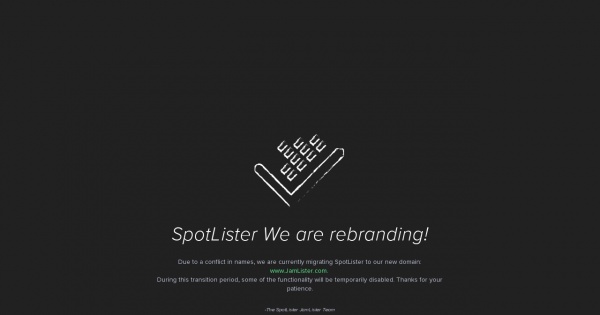Spotify cut off paid ‘Payola’ playlist SpotLister from their service
Spotify have disconnected SpotLister from their API, a playlister that allows artists to pay to get on playlists with 11.5 million collective followers.
Spotify strictly forbid ‘payola’ or pay-for-play services using Spotify to tout artists for access onto bigger playlists, allowing them to pay for more exposure and as a result more streams. Why it took them so long to shut down SpotLister, a prominent payola service, from using their API isn’t known but last week they finally did it.
Spotlister allowed users to buy themselves onto over 1500 Spotify playlists which had an accumulated user count of more than 11.5 million followers. That’s a big boost to anyone’s listeners and fans, especially when it’s based on money rather than merit which creates an unfair marketplace for artists trying to make it. Spotify’s terms say that they prohibit the “selling a user account or playlist, or otherwise accepting any compensation, financial or otherwise, to influence the name of an account or playlist or the content included on an account or playlist.”
Spotify’s removal of Spotlister marks a move to enforcing these policies whereas the ability to pay for positions on playlists hasn’t seen to be a priority for them much before. Although Spotify still crack down on these violations when they appear to notice them, SpotLister seemed to be using Next Big Sound’s API to link up tracks with playlists so it avoided getting noticed by Spotify.
Spotlister reportedly tried to rebrand themselves as Jamlister to recoup the situation. Offering refunds to users, they wrote: “Despite all of our efforts to re-brand and comply with their requests, our API key has been deactivated so we will no longer be able to operate on our platform.”
Whilst this marks a move in the right direction for preventing paid plays on their service, Spotlister are certainly not the last payola service to be working on Spotify. Perhaps we will see a bunch more services removed from Spotify in the coming weeks as they continue their mission of making music streaming as legitimate as possible.”
